Wildlife Agencies advocate hunting helps grizzly recovery. The best available science, however, suggests predators including bears, wolves, mountain lion and coyotes have intricate social interactions that are disrupted or damaged by indiscriminate killing from hunters and trappers. Habitat protection is the main way to protect the fledgling population of grizzly bears as well as avoid human-bear conflicts.
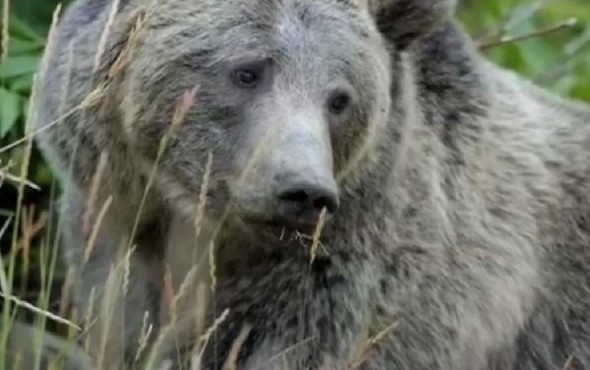

To the Save the Grizzly You Must Destroy It?
The Perverse Argument for Hunting Grizzly Bears
By George Wuerthner in The Wildlife News
In their December 29th editorial in the Billings Gazette, Scott Talbott of the Wyoming Game and Fish and Harv Forsgren of the U.S. Forest Service wrote that hunting was another step towards grizzly bear recovery.
To read their editorial, go to Guest opinion: Hunting another step toward grizzly bear recovery.
Specifically, the authors claim that regulated hunting will recover grizzly bears. Boy is that a leap. We haven’t hunted grizzlies for several decades now, and the bears appear to be doing fine without being shot or trapped. There is no legitimate reason to indiscriminately kill any predator.
Those, like the authors, who advocate the hunting of grizzly bears continuously, proclaim that state management will not cause the extirpation of bears (or wolves, mountain lions, etc.) This is a straw man they construct so they can knock it down. Few opponents of predator hunting/trapping are worried that these animals will be completely eliminated from the West.
A Question of Hunter Ethics, Habitat and Wildlife Corridor Conservation


By trying to frame the issue this way, proponents of bear killing misrepresent the real concerns of those who question state wildlife management of predators. The concern of opponents of bear hunting, wolf hunting, mountain lion hunting has more to do with ethics and how we should be treating other living creatures—a concern to which the authors and others appear tone deaf.
They further claim that state agencies use the “best available science.” Nothing could be further from the truth. The best available science is disregarded by the authors as well as all state wildlife management agencies that manage predators because it would challenge the validity of many of their management prescriptions.
With regards to grizzly bears, conservation science suggests we need many more bears in many more places to sustain their populations over the long term. There is plenty of unoccupied bear habitats in the Northern Rockies. Many parts of Montana, Idaho and Wyoming that could support grizzlies where they are currently absent, including Wyoming’s Salt and Wyoming Ranges, the Bitterroot Mountains of Idaho, and the Centennial Mountains of Montana to name just a few.
STORY: Saving Grizzlies: The Fight Against Extinction and Habitat Loss
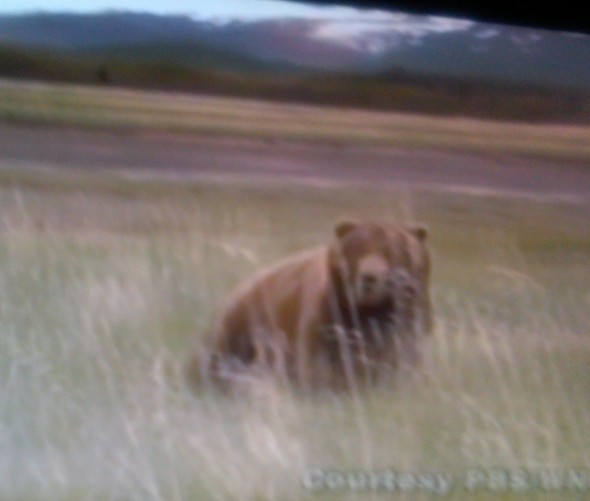

The best available science also suggests that many predators including bears, wolves, mountain lion and coyotes have intricate social interactions that are disrupted or damaged by indiscriminate killing from hunters and trappers.
At best hunting and trapping are blunt tools to address what may be in some rare instances legitimate conflicts such as the surgical removal of a food-habituated bear–though I hasten to add that many conflicts are self-created by humans who exercise sloppy animal husbandry or camping practices.
Hunting, and most trapping, does not specifically target any particular offending animals—such as a bear that might be killing livestock. Rather the majority of bears (or wolves, mountain lions or coyotes) killed are not causing any conflicts at all. They are innocent by-standers who happen to be caught in the cross hairs of predator persecution.
For instance, dominant bears will occupy the best habitat and prevent other bears from occupying the territory. Yet in many cases, if a bear has lived long enough to become a dominant animal, it is not one that causes troubles for humans. Yet it is the biggest bears, in other words, the dominant bears that hunters seek to kill opening up habitat for occupation by another bear that may not be so friendly to human desires.
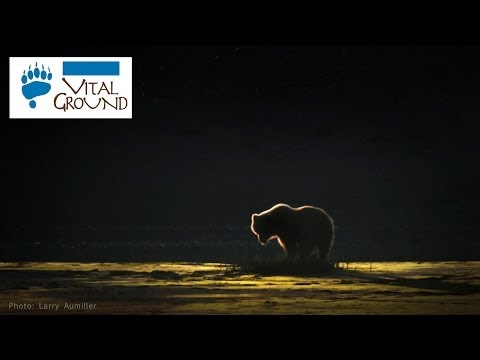
Watch this video on YouTube
Vital Ground: The Strength of Connections – details how The Vital Ground Foundation protects habitat crucial for grizzly bear survival in North America.
Hunting of Predators Increases Human Conflicts
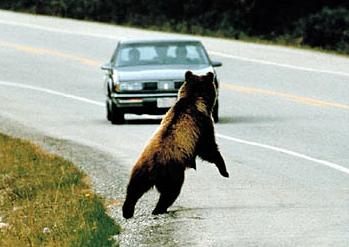

To suggest, as the authors do, that hunting will reduce human conflicts directly contradicts the best available science which they profess to use, but obviously ignore. This growing body of research suggests that hunting of predators actually increases human conflicts. For instance, there are many predators that live among livestock without ever killing cattle or sheep. Yet because they inhabit the territory, they keep other members of their species from occupying the area. If a hunter should kill this livestock-friendly bear, the habitat, if it’s any good, will be filled quickly by another bear that may or may not be so livestock friendly.
Indeed, one study of black bears in the eastern US found that as states increased the killing of bears to “reduce conflicts,” the number of bear-human conflicts increased.
Similar studies of mountain lion have documented exactly the same pattern. As mountain lions are killed, and even as the population is declining, the number of conflicts increases—the exact opposite of what state wildlife agencies predict will occur. Hunters tend to kill the dominant toms (male) mountain lion opening up space for immature young lions, who like human teenagers, are bolder, less cautious, and more inclined to attack livestock and even humans.
Thus the typical “management” approach advocated by state wildlife agencies exacerbates, rather than reduces human-wildlife conflicts.
To suggest that regulated hunting is a “solution” to perceived problems with humans is like arguing that the best way to address crime in our cities is to shoot all young men since the majority of crime is done by youths. Obviously you might eliminate some of the criminal element by such a policy, but you would be unavoidably be killing many innocent people.
Wildlife Agencies = Hunting Agencies
Why aren’t Fish and Game agencies using that science in their management decisions? I will answer it. Because they are a regulatory agency that has been captured by the very group they are supposed to regulate—namely hunters and trappers.
Follow the money. State wildlife agencies run on the sale of licenses. Anything that contributes to greater license sales is looked upon favorably.
To be fair, it should be acknowledged that these agencies are not immune from political pressure from the hunting and trapping community. Many western state Fish and Game agencies are already under duress from ill-informed hunters and trappers and legislatures ignorant of ecology and animal behavior.
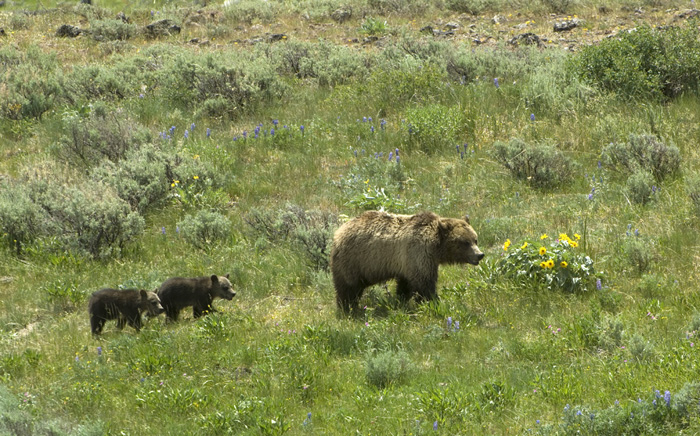

Some of the more extreme predator killers even go so far as to suggest that that these agencies are coddling predators and god forbid bowing to the wishes of animal rights advocates. Thinking that any animals have “rights” is heretical to these folks who believe wildlife exists for their sole pleasure and exploitation.
Historically, there were around 50,000 grizzly bears in North America. Today, there are 1,000 – 1,200 grizzly bears remaining in five separate populations in the lower 48 states. -US Fish and Wildlife Service
So these state agencies practice a vicious cycle; whereby predators are indiscriminately killed, which disrupts their social organization, which leads to greater human conflict, and thus more demands for predator control.
Worse, the authors as well as many state wildlife agencies eulogize the North American Model of Wildlife Conservation. That model, among other things, specifically requires the highest ethical behavior from hunters. What is ethical about killing a bear for self-aggrandizement, just because you are so insecure the only way you can prove your manhood is by killing a bear? Most hunters are not going to eat the meat—isn’t that wanton waste? Is killing a bear just to have a “trophy” rug on the wall a legitimate and ethical use of wildlife, especially when that destruction of a wild creature denies the rest of the public of its wildlife heritage?
Others argue that we “need” to permit hunting and trapping of predators to reduce the anger of some members of the hunting and trapping community. Is killing any animal justified just to address the emotional problems of some members of the public? These people need counseling, not a license to kill.
I am a former Montana hunting guide. I studied wildlife biology and currently work as an ecologist. I believe that hunting can lead to some valuable insights about wildlife and individuals. Some of my hunting experiences have been almost transcendental experiences—ironically more often when I did not kill an animal.
Killing is serious business. If one is going to take the life of another creature, one must be absolutely certain that killing is justified.
The unnecessary and indiscriminate persecution of predators is what fuels public opposition against all hunting, not to mention it does not help grizzly or any other animal’s recovery.
George Wuerthner is the Ecological Projects Director for the Foundation for Deep Ecology and has published 35 books, including soon to be released Energy: Overdevelopment and the Delusion of Endless Growth. This piece was also featured on CounterPunch.
Updated 30 September 2025



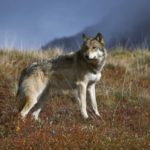
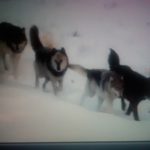
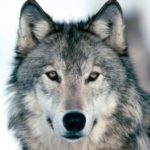
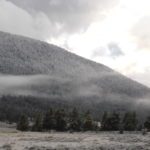
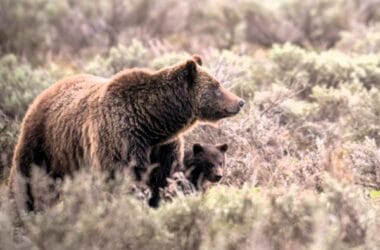





Pingback: Wolf Wars: Anti-Science Haters Propose Ending All Protections | WilderUtopia.com
Pingback: Saving Grizzly Bears: Fight Against Extinction and Habitat Loss - WilderUtopia